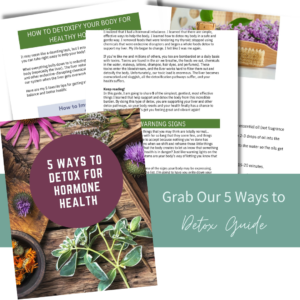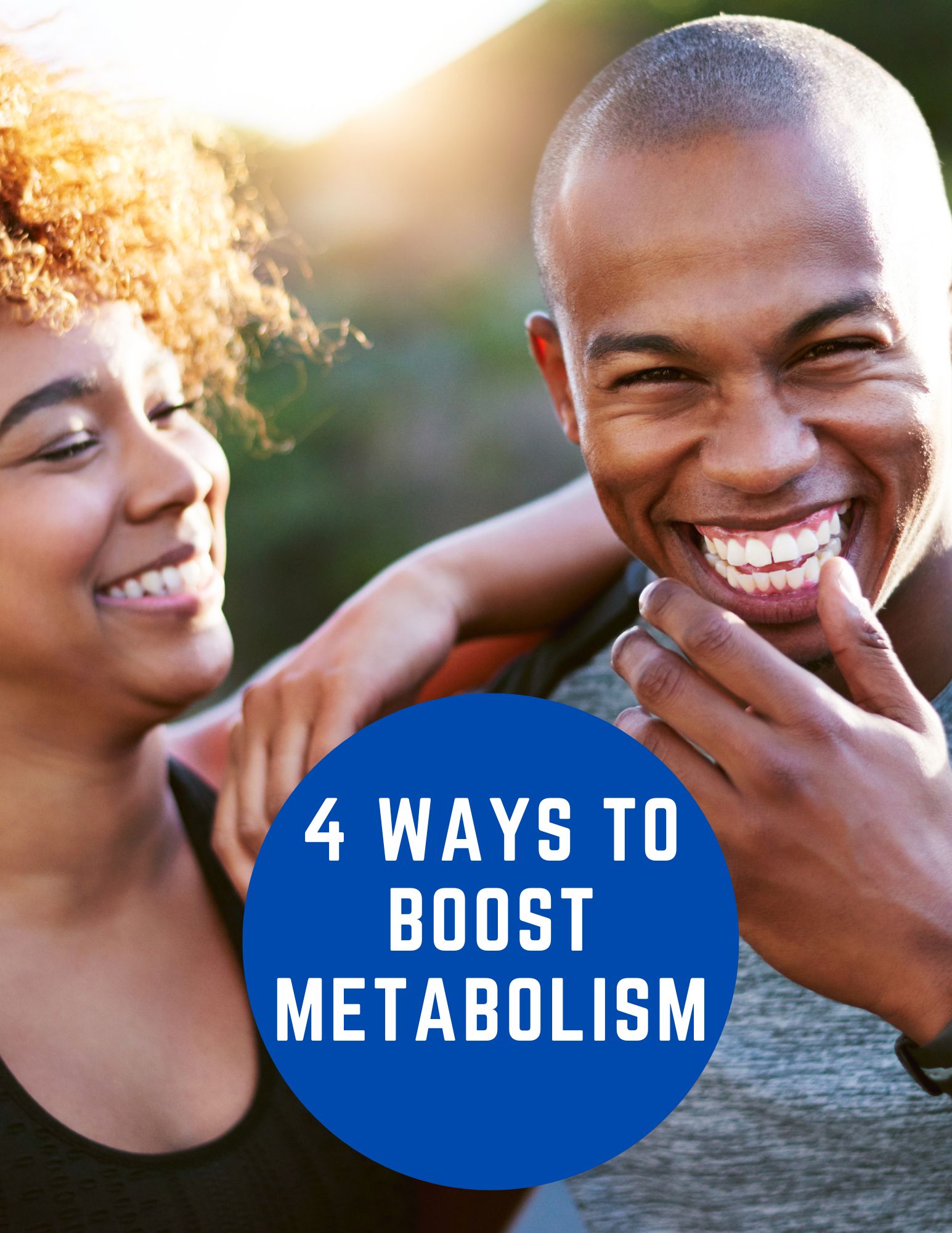Have you tried to get off the pill and suffered acne, mood issues, or irregular periods?
About 20% of women who stop the pill experience symptoms that cause them distress.
Post-Birth Control Syndrome symptoms generally arise within the first 4-6 months after going off hormonal birth control.
As a women’s health physician, I’ve helped many women eliminate their symptoms after stopping birth control and taking back their periods. It is possible, in many cases, to resolve the hormonal issues that drive us onto birth control. Cystic acne, debilitating periods, severe mood swings, depression, anxiety, and vaginal infections are only a few of the issues that can arise on and coming off of birth control.
Post-Birth Control Syndrome Symptoms:
- Acne, cystic acne, rosacea
- Amenorrhea (loss of menstruation), average 3-6 months
- Blood sugar dysregulation or insulin resistance
- Depression, Anxiety, and other mood symptoms
- Changes in bowels
- Hair loss
- Headaches
- Heavy, painful periods
- Gas or bloating
- Gut dysbiosis
- Inflammation and other immune imbalances
- Intestinal hyperpermeability (commonly referred to as “leaky gut”)
- Migraines
The good news is that statistically, over 80% of women will resume their periods after they stop birth control within the first three months. So if you did nothing, you would have an 80% chance that your periods will resume within three months. But this refers to your periods before being put on the birth control pill. So if you had irregular periods, PCOS, or endometriosis, you’re likely to return to those same periods you had before. The body resets itself to the mode it was in before the pill.
The bad news is that women with PCOS or other hormonal imbalances not diagnosed yet could have been masked by being on the pill. The pill created a perfect cycle, making it appear that your cycles were regular. You soon experience miserable symptoms like acne, hair loss, irregular periods, weight gain, and pelvic pain when you get off birth control.
Learn more about how we can help you with our integrative approach.
How To Reset Your Hormones in 4 steps
Unfortunately, doctors are not trained to help women balance their hormones without birth control pills. Treat the symptom with a pill instead of finding the underlying ROOT cause of why you have that particular symptom.
Luckily, I am one of those doctors that are trained. So let’s talk about how you can reset your hormones.
Remember, it can take three to six months before your periods become normal. If you find that no matter what you do, you still have heavy periods, pain, or don’t feel right, seek a doctor and get evaluated.
Want some tips o how to reset your hormones? Check out my FREE guide below.

Step 1 Replenish Your Nutrients.
Replace missing nutrients. Hormonal birth control pills can deplete the body’s stores of certain nutrients, including vitamins B2, B6, and B12; vitamins C and E; magnesium, selenium, zinc, and folate. Vitamin D levels may also drop after coming off the pill.
- Emphasize nutrient-dense foods at every meal: dark leafy greens and other phytonutrient-rich vegetables; low-glycemic fruits like berries; pastured and organic animal protein; and beans, nuts, and seeds,
- High-Quality Multi-vitamin with Se, Folate, Vitamin C, and E.
- Take Zinc if acne is an issue (30-50mg).
- Magnesium glycinate 200-400mg nightly.
- Complex B vitamin daily.
Balance your blood sugar. Research has linked oral contraceptive use with imbalanced blood sugar and insulin resistance. These two factors wreak even more havoc on hormonal balance.
- Keep sugar and white flour to a bare minimum and skip the alcohol, which can create hormone imbalance – especially estrogen.
- Regular moderate exercise also helps keep blood sugar steady and balanced (but over-exercise can have the opposite effect, triggering inflammation and worsening blood sugar imbalances).
- Consider ditching dairy while rebalancing your hormones. Dairy tends to be chock full of hormones.
If you think you have a nutrient deficiency, get checked out. There is blood work that you can do at your doctor’s office.
Step 2 Support Estrogen Metabolism.
- Whole grains or foods that are organic or sustainably produced.
- Fermented foods, like sauerkraut, kimchi, and yogurt.
- Crowd out refined, processed, and artificial sugars.
- Regularly consume prebiotics to feed your gut bacteria. Good sources include acacia, fiber, and inulin (found in bananas, chicory root, garlic, Jerusalem artichokes, leeks, and onions). And probiotics.
- Even dairy, as long as it’s whole-fat dairy. If you’re going to eat dairy, make sure it is total fat.
*A note on dairy. I don’t believe all women with hormonal imbalances should get rid of dairy. It does help, especially in getting off of a birth control pill, to eliminate dairy in your diet because dairy can be very inflammatory. Whether or not you need to be off during the long term will be determined by how you do when you reintroduce it. - Nuts and seeds are great because not only do they provide healthy fats, but they’re also a lot of them are full of good protein. There is a lot of new data looking at seed cycling, which means eating particular seeds at certain times of your cycle, whichever phase you are in. There are no definitive trials or randomized control trials on seed cycling, but some data that’s coming out does indicate it may lower inflammation and improve fertility.
- Make sure you’re pooping seriously; you should have a bowel movement every day or every other day. Bowel movements help reduce toxins in your body and eliminate excess estrogen.
- Support estrogen metabolism by supporting your liver. Reducing environmental toxins like BPA and adding DIM supplements can help detoxify the liver.
Step 3 Add herbs, supplements, and vitamins.
If you have changed your diet and addressed lifestyle factors but still have symptoms, consider adding herbs and supplements.
Chasteberry
It’s an herb (flavenoid), a prevalent natural supplement that women use with PCOS to improve their ovulation and get regular periods. Improving ovulation will boost your fertility. It works by decreasing prolactin levels. It can benefit women with a luteal phase defect or who don’t make enough progesterone. At the same time, the term luteal phase defect is not recognized in conventional medicine.
Vytex, or chaste berry, is an herb that acts like natural progesterone. And it helps women with low progesterone levels who need to get a regular cycle or support their progesterone should they become pregnant for the first couple of weeks while the embryo develops.
For those of us in women’s health, we see women who have short cycles that improve when progesterone is added. Reproductive doctors typically give women progesterone for IVF or an IUI procedure to support potential implantation and decrease the risk of miscarriage. If you’re going to use chaste berry, you do this under the guidance of a healthcare provider; you want to ensure that you’re not taking too much progesterone.
Licorice Root
Licorice root combined with white peony can improve ovulation and egg quality. It’s also good for balancing blood sugar so if you have PCOS or irregular cycles, you’re not sure if you have PCOS.
Omega 3
Omega-three fatty acids are found in both food form and supplement forms. You want to ensure you get 1000 milligrams or one gram of EPA and 700 milligrams of DHA if you take it in supplement form. If not, you can do it in food with fatty fish and flaxseed.
Step 4 Reduce Stress
If you have fixed your diet and lifestyle changes and still have a lot of hormone imbalance, it’s probably because of stress. Stress causes enormous amounts of inflammation. That inflammation can then raise insulin resistance and increase testosterone levels, a vicious cycle that leads to more inflammation, more gut health problems, and ultimately an imbalance between your estrogen-progesterone and testosterone levels.
Integrative Medicine
Integrative medicine is a holistic approach to health care that considers the many factors of your life and environment, including physical, mental, emotional, and social health. By providing comprehensive care for you as an individual–rather than one diagnosis at a time–our team has helped thousands of patients find answers to their health issues.
We’ve found solutions for those who struggle with complex medical issues by looking beyond symptoms on the surface. If this sounds like something you want in your medical care journey, too, Book an appointment! Our team will work hard to provide a quality personalized care so we can meet your needs head-on.



